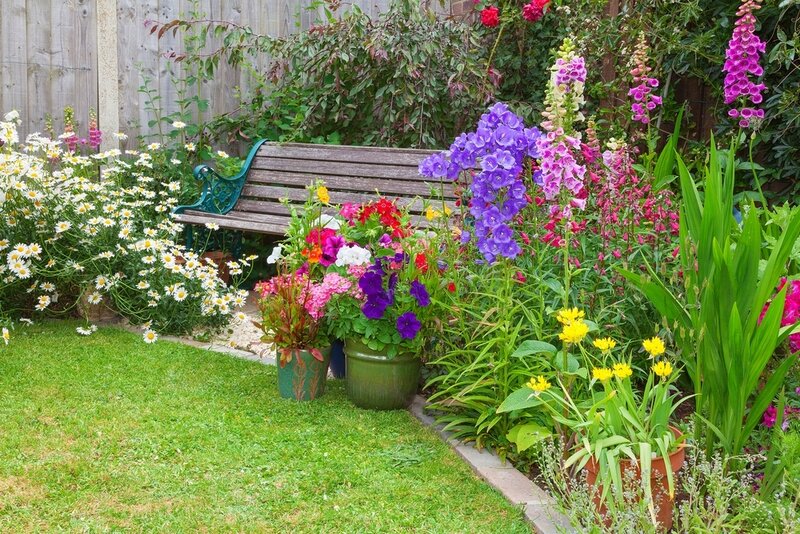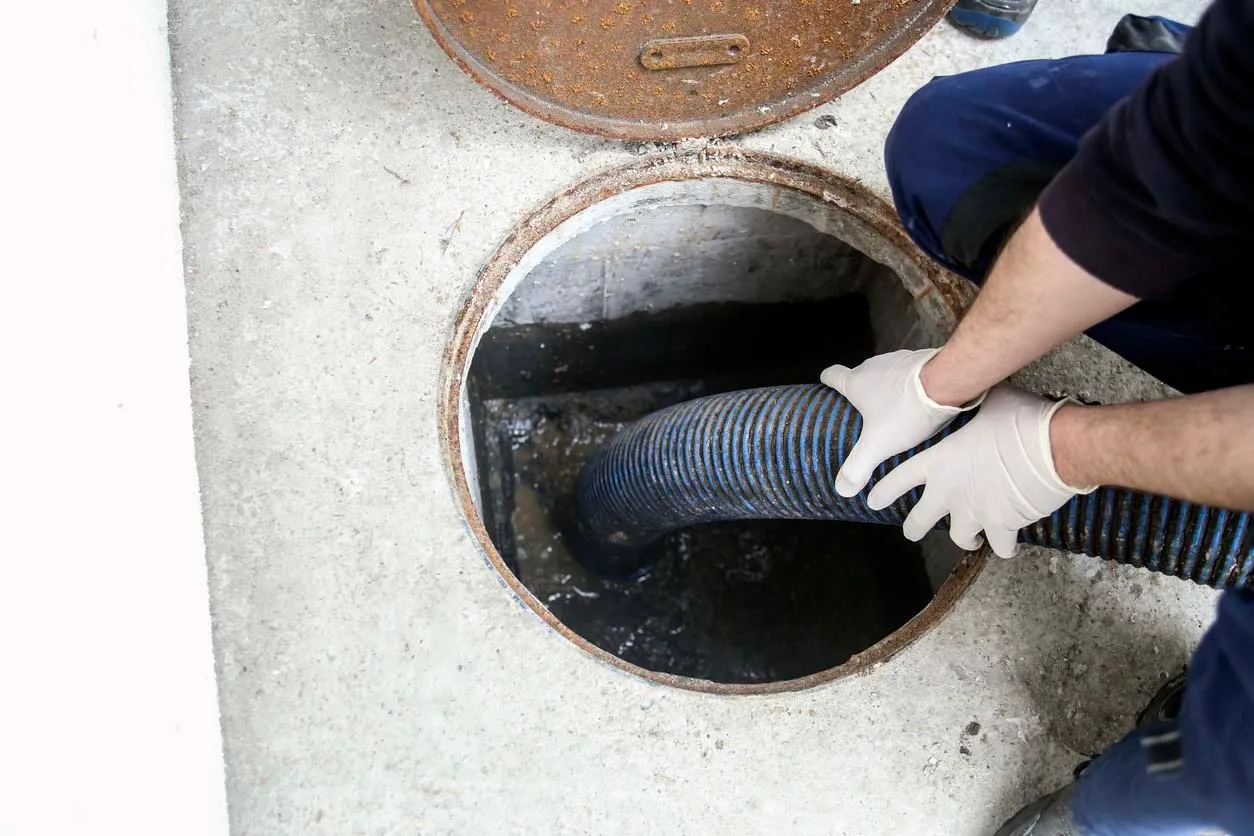Gardening is a passion that sticks with you once you get it. Taking care of plants can have a cathartic effect on you, which is good for your health. There is also a sense of achievement that comes with a lush garden because you know how much hard work has gone into it.
In the world of gardening, there is no end to learning; you learn new tips and tricks every day, which can enhance your gardening abilities with time. You have to be dedicated, and you will start to understand the needs of your garden.
1. Do Some Pruning
When it comes to gardening, pruning plays an important role in the health of your plants. It might seem counterintuitive to chop off branches from your plants, but it is a necessary activity to shape your plants right so that they can grow in a healthy manner.
In the case of big trees, they will also need some pruning to protect your property and the people around them. To take care of your pruning needs, you can look for a chainsaw for sale. A chainsaw will allow you to get through the thickest of branches with ease.
2. Preserve Moisture
If you live in a hotter climate, preserving moisture in your soil can be a real battle. Your plants need this moisture not only to survive but also to help them grow their root systems. Using too much water can wash out the soil in your garden, which can rob it of its nutrients.
With the use of mulch, you can prolong the loss of moisture from your soil, which will also help you maintain moisture levels for longer. You can get in touch with a company that offers garden supplies for your mulch delivery.
3. Check the Soil pH
The pH levels of your soil play a crucial role in the health of your plants. Your plants can benefit the most when the pH levels of your soil are in a neutral range. This is the sweet spot for your plants to enable them to have the best chance for nutrient extraction.
You can check the pH levels of your soil regularly to monitor the overall health of your garden. You can make changes according to these levels to make sure that your soil remains in a neutral zone and ensures optimal health for your plants.
4. Plant Native Species
Most people tend to opt for exotic plants in their gardens. This approach can give you a unique garden, but it is not all that beneficial for the ecosystem of your area. The native plants in your area serve a purpose. They fulfill the needs of the local species.
When you plant native species in your garden, you can attract bees and other beneficial creatures to your garden, which in turn will pollinate the rest of your garden. In addition to that, you do not have to rely on chemicals to make native species grow because they have adapted to the local environment.





